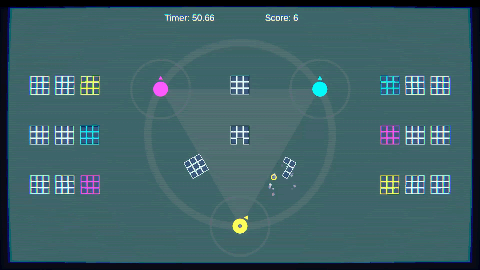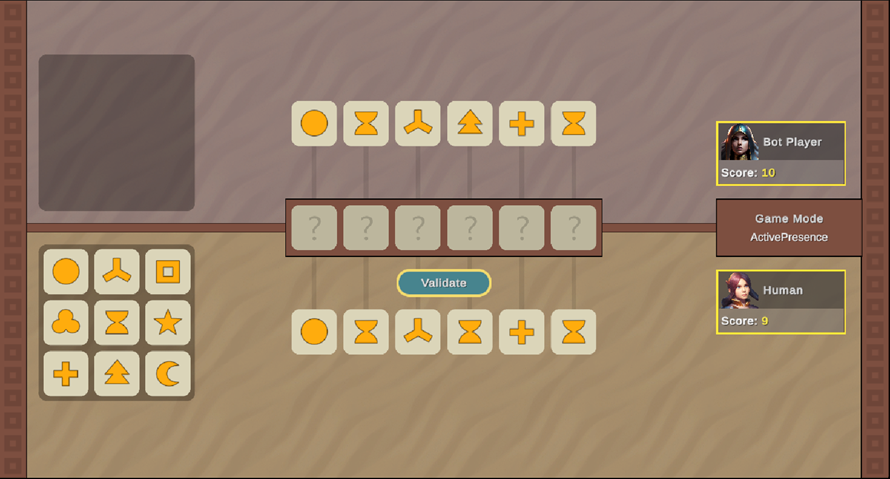Video games provide new opportunities for research in cognitive science research and societal impact. They offer rich situations that are ecologically more valid than traditional cognitive tests; they can scale up and allow to collect rich datasets from a large number of people from very diverse backgrounds–video games therefore have the potential to overcome critical limitations of traditional experimental cognitive science research.
Furthermore the effective use of public video games for cognitive science research requires the integration of various facets of cognitive science research that are typically studied separately (e.g., user experience, motivation, cognition). They also require a scientific theory of game design to translate our scientific understanding into concrete game experiences.
Vision
To make large-audience, high-quality video games a main driver of cognitive science research and societal impact.
Projects
Games for Cognitive Training
The scientific literature has highlighted multiple hypotheses to explain cognitive training. The Behaverse cognitive training game attempts to translate those hypotheses into concrete video game mediated interventions and test their efficacy in improving cognitive abilities.
Collaboration Games
We have developed the Goal-Oriented Multi-Agent System (GOMAS), a conceptual framework designed to understand collaboration through games. GOMAS consists of five layers: 1) system and subsystems (architecture), 2) key components (parameter space), 3) potentiality of interactions (behavior space), 4) dynamics (i.e., gameplay), and 5) observation/measurement. Using this framework, we are creating video game prototypes to study and potentially train collaboration skills.
Our next steps involve first refining GOMAS and then analyzing game review corpora to explore the relationships between game design features, causes of collaboration effects, and potential outcomes. Ultimately, we plan to conduct scientific experiments to study how changes in game design influence player behavior and collaboration outcomes.
Mathemarmite
Educational game to help children count
Mathemarmite is a mobile video game for 3-6 year old children, designed to study and improve early mathematical (in particular counting) and cognitive abilities. Our game was nominated for Best social effect / game beyond entertainment at Game Connection 2019.

